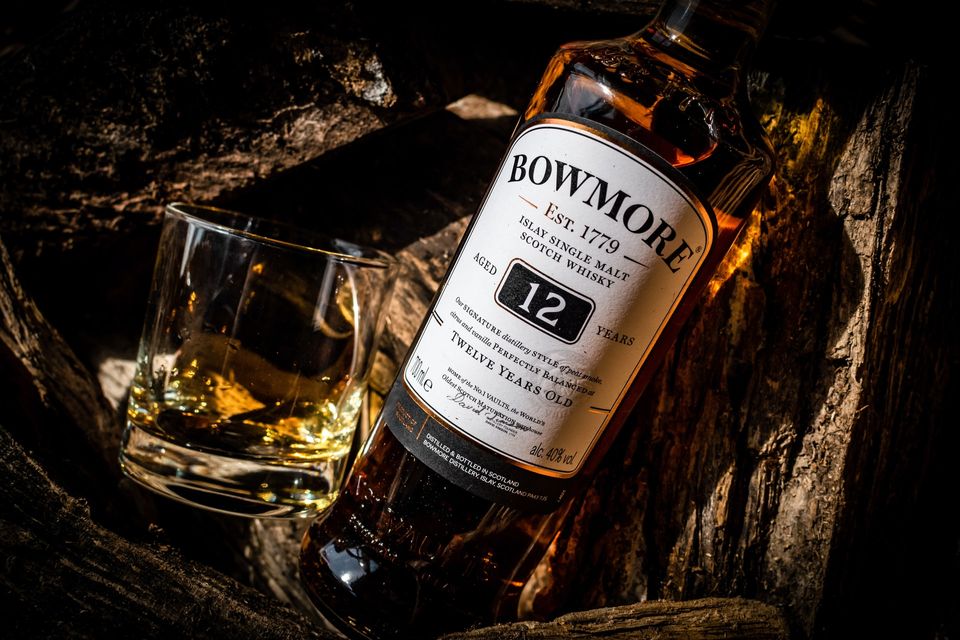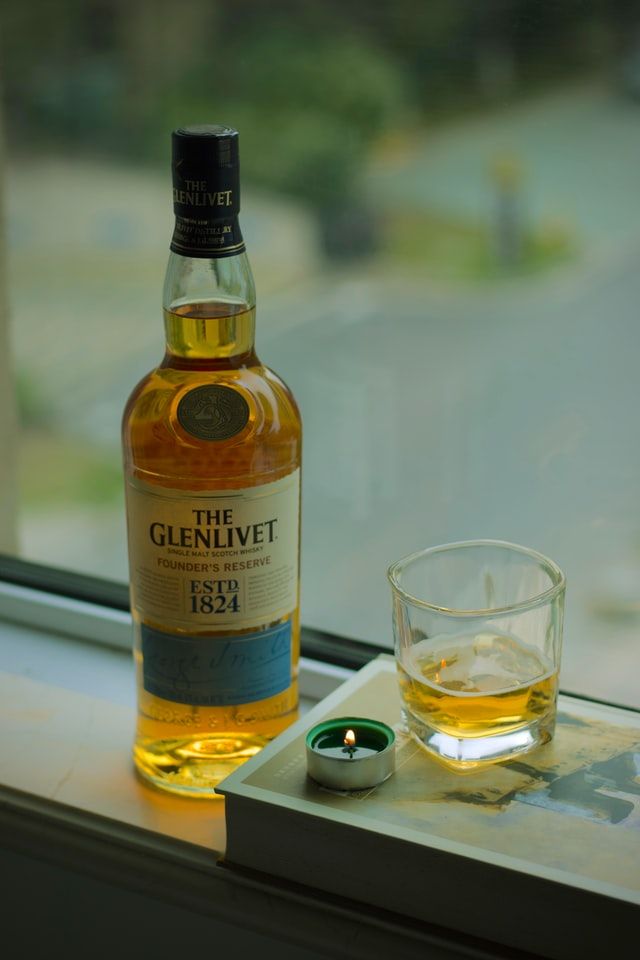Understanding Whisky Labels - the Age Statement

Wherever you come across a collection of whisky bottles, you'll likely see some that give the age of the whisky, as in the example above.
This is known as an 'Age Statement', and we will talk about that in today's Newsletter.
As you see in the image above, this particular whisky has an age statement, telling us that the whisky is 12 years old.
The age statement gives the number of years that the whisky has spent maturing in the cask.
Note: the key word here is cask, not bottle. The age statement has nothing to do with how long the whisky has spent in the bottle.
Many whiskies include age statements, but, as I explain below, there is a growing practice of distillers not including age statements on their whiskies.
(Small diversion. In determining how mature a particular whisky may be, the number of years spent maturing in the cask is important. But that is not the only factor. Some other factors also play a role - for example, the size and the type of cask in which the whisky was matured. We will discuss this in a future Newsletter.)
Now, back to Age Statements.
Sometimes a bottle will contain whisky from several different casks, each one aged for a different period. In that case, the law for Scotch whiskies is that the age to be stated on the bottle should be that of the ‘youngest’ whisky in the bottle.
So if, for example, a bottle contains a 10 year old whisky, a three-year old whisky, and a 20 year old whisky, the age statement must be that it is a three-year old whisky. This remains the case even if the three-year old whisky makes up only the tiniest part of the entire content.
This can sometimes be a pity - the bottle could also contain some really nice older whiskies, but this 'youngest whisky rule' would obscure that fact.
Some distillers are not in favour of age statements. One reason is that there is sometimes an implicit - and not always correct - assumption (among consumers) that older whiskies are better than younger ones. This might make a buyer to shun a bottle carrying an age statement of a 'young' whisky. (Due to the operation of the age statement rule, such a buyer may not even realise that the bottle may also include older whiskies.)
This sort of thinking works against age statements.

There are also other reasons for the rise in no age statement (NAS) whiskies.
One reason is that the stock of older whiskies (stored in casks over many years) has been reducing over time. And so, distillers are having to bottle younger whiskies.
However, this is not necessarily something they'd want to advertise, given that, as mentioned above, consumers sometimes (wrongly) believe that older whiskies are of better quality.
Now, how to deal with this issue?
Simple. Just don't mention the age of the whisky. Hence, a no age statement whisky.
So, should you be suspicious of no age statement (NAS) whiskies?
Not at all! There are some very good ones out there. A good approach is not to be carried away by the age of the whisky, but rather to look at all the qualities of the whisky. Age is simply one factor in determining whether or not a whisky is great. And, even if we do not know the age of a particular whisky, there are still other factors that can guide us in assessing a whisky. We will discuss this in an upcoming Newsletter.
In the meantime, here are some good NAS whiskies you can look out for:
- From the Arran distillery, the Barrel Reserve Single Malt, and the Sherry Cask (aka The Bodega).
- The Talisker Storm, from the Talisker distillery.
- And, for something a bit more higher end, I would recommend the Macallan Rare Cask. However, as its name implies, it may be a bit difficult to hunt this one down. That said, there are other fine NAS whiskies in the Macallan line-up. Take a look - I guarantee you'd find one you like.
In some upcoming Newsletters, we will look at some of the other terms on the whisky bottle. In the meantime, feel free to share this Newsletter with anyone who likes whisky, and stories of whisky